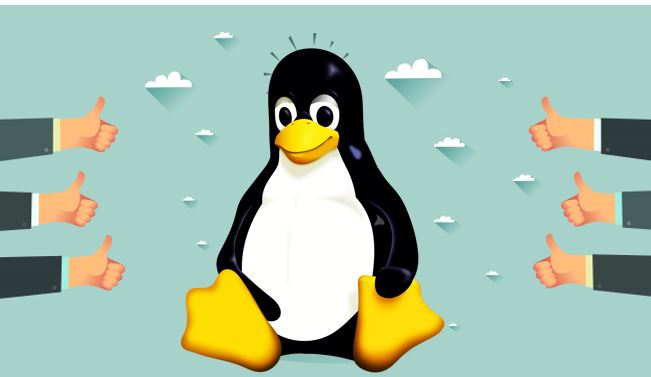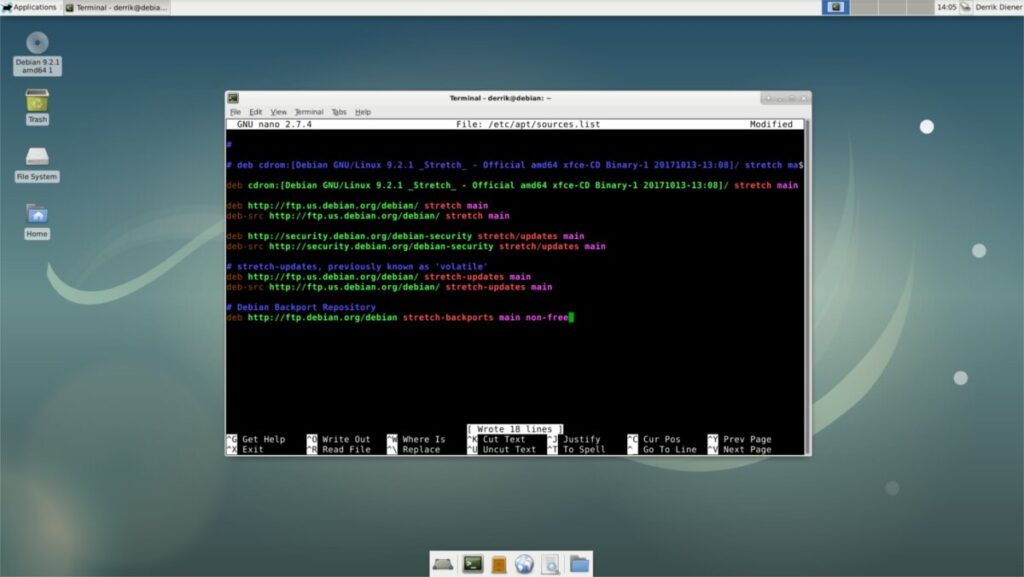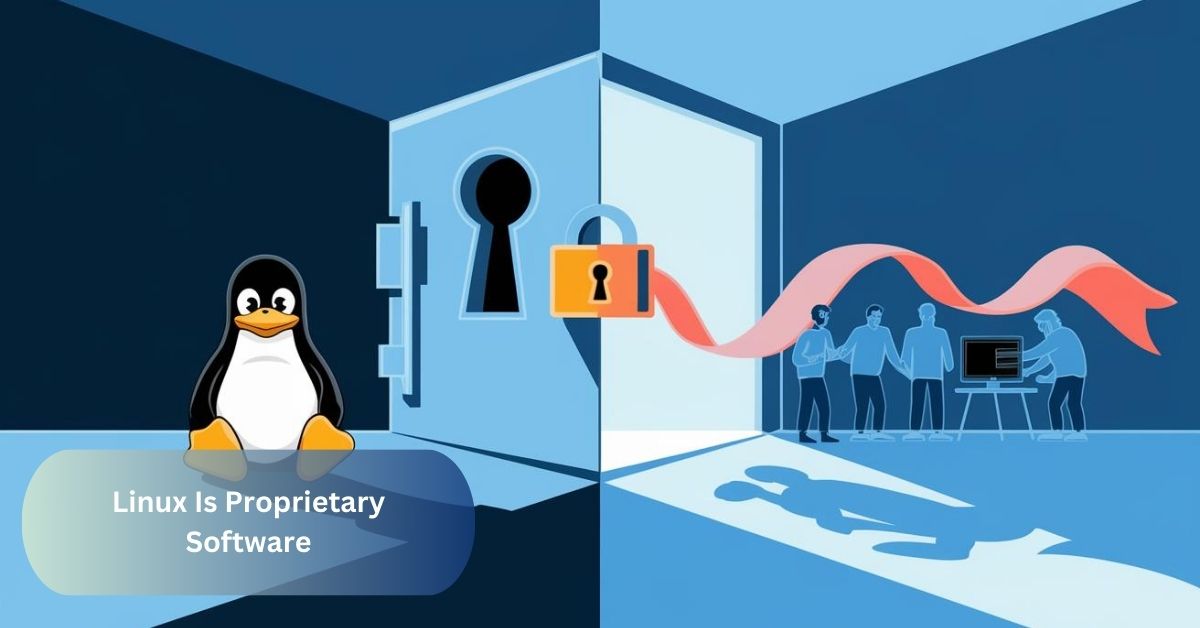When I started using Linux, I was struck by how distinct it was compared to proprietary software. I could personalize everything, from the desktop appearance to the programs I chose. This ability to experiment and tweak things revealed a whole new realm of opportunities in the world of computing.
Linux is not proprietary software; it is open source and available for everyone to use without cost. This allows anyone to view, change, and share the underlying code, promoting innovation and collaboration. Its adaptability and strong community support have made it a favored option for many users.
Introduction To Linux Is Proprietary Software
The claim that “Linux is proprietary software” is a misunderstanding that needs to be addressed. In truth, Linux is open source, meaning anyone can access and modify its source code freely. While some companies may create versions of Linux that come with restrictions, the original idea of Linux encourages sharing and collaboration. Recognizing this helps users see the value of the open-source community and its dedication to innovation and improvement.
What Does Open Source Mean?
1. The Basics of Open Source:

Open source means that software is available for anyone to see and use its source code, which contains the instructions for how the software works. This openness allows users to look at, change, and share the code without restrictions, promoting teamwork and creativity. With contributions from developers globally, the open source approach drives constant innovation and enhancements to the software.
2. Freedom to Customize:
- Tailor to Your Needs: Modify the software to fit your specific requirements, whether for personal use or a unique project.
- Add New Features: Create and integrate new functionalities that enhance the software’s capabilities, making it work better for you.
- Fix Bugs: Identify and resolve issues quickly by changing the code, ensuring smoother operation without waiting for official updates.
- Experiment Freely: Test different versions or configurations without fear of breaking anything, allowing for creative exploration.
- Share Your Customizations: Contribute your improvements back to the community, helping others benefit from your unique modifications.
3. Community Collaboration:
Community collaboration in open source software brings together developers and users from around the world to share ideas and solutions. This collective effort allows for diverse perspectives, leading to faster problem-solving and innovative improvements. By working together, the community creates a supportive environment that benefits everyone involved, enhancing the software’s overall quality and functionality.
Why is Linux Popular?

Linux is popular for a variety of reasons that appeal to both casual users and tech enthusiasts alike. Its open-source nature allows anyone to access and modify the software, fostering a strong sense of community. Users appreciate the freedom to customize their experience and the security features that Linux offers. Additionally, Linux runs efficiently on various hardware, making it an ideal choice for both old and new devices.
1. Key Reasons for Linux’s Popularity:
- Cost-Effective: Linux is free to use, eliminating the need for expensive licenses and making it accessible to everyone.
- Customization: Users can tailor their operating system to their liking by choosing from various distributions and desktop environments.
- Strong Security: Linux is known for its robust security features, which help protect against malware and cyber threats.
- Community Support: A large and active community provides assistance, resources, and shared knowledge, making it easier for new users to get help.
- Compatibility: Linux is compatible with many hardware types, allowing it to run smoothly on older computers, as well as modern systems.
Common Distributions of Linux
1. Ubuntu: The User-Friendly Choice
Ubuntu is popular for its simple interface and easy setup, making it ideal for those new to Linux. It offers a smooth experience with a large library of applications readily available. Its strong community ensures that users can find help quickly if needed.
2. Fedora: The Cutting-Edge Option
Fedora is a Linux distribution known for its focus on innovation and the latest technology. It offers users access to cutting-edge features and software updates, making it ideal for those who want to explore new advancements. With a strong commitment to free and open-source software, Fedora encourages experimentation and development in the Linux community.
3. Debian: The Stable Workhorse

- Rock-Solid Stability: Debian is known for its reliability, making it a great choice for servers and systems that require consistent performance.
- Extensive Package Repository: It offers a vast collection of software packages, allowing users to find and install the tools they need easily.
- Strong Security Focus: Debian emphasizes security, regularly updating its software to protect users from vulnerabilities.
- Long-Term Support: With long-term support options, users can count on Debian for years of reliable updates and maintenance.
- Community-Driven Development: A large community of volunteers collaborates to improve Debian, ensuring it remains responsive to user needs and preferences.
FAQ’s
1. Is Linux a private operating system?
Linux is an open-source operating system that anyone can access and modify, making it versatile and adaptable. This allows users to create a version of the software that fits their personal or professional requirements.
2. Is Linux a proprietary software?
No, Linux is not proprietary software; it is open source, which means anyone can view, change, and share its source code. This openness encourages teamwork and creativity, allowing users and developers from around the world to improve the software together.
3. Is Linux an OS or kernel?
Linux is technically a kernel, which is the core part of the operating system that manages hardware and software resources. However, when people refer to “Linux,” they often mean the complete operating system that includes the kernel along with various software and tools that create a functional environment for users.
4. Are Linux and Ubuntu the same?
Linux and Ubuntu are not the same; Linux refers to the kernel, while Ubuntu is a specific operating system that uses the Linux kernel. Ubuntu is one of many distributions built on Linux, designed to be user-friendly and accessible for everyone.
5. Who owns the Linux operating system?
No one person or company owns the Linux operating system since it is open source and managed by a community of contributors. Linus Torvalds, who created the Linux kernel, plays a key role in guiding its development and keeping the core code updated.
Conclusion:
The idea that Linux is proprietary software is a misunderstanding, as Linux is fundamentally open source and freely available. Its design encourages collaboration, customization, and sharing, which sets it apart from proprietary systems.
Understanding this distinction highlights the freedom and flexibility that Linux offers to users around the world.

